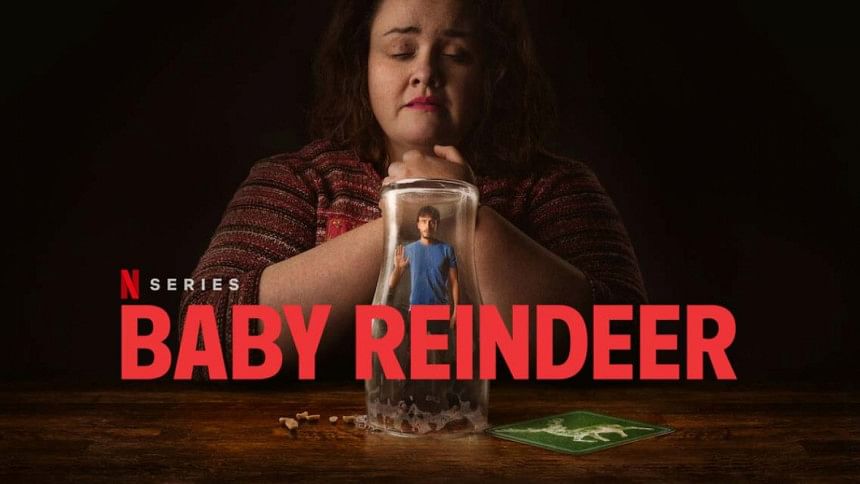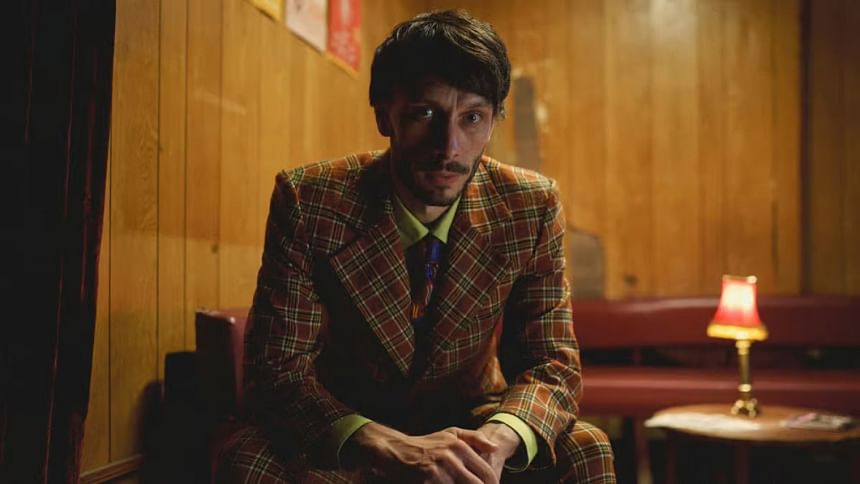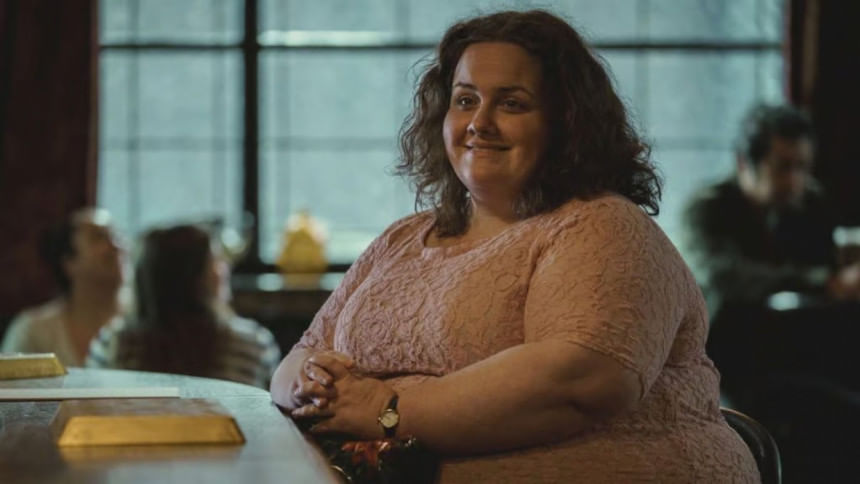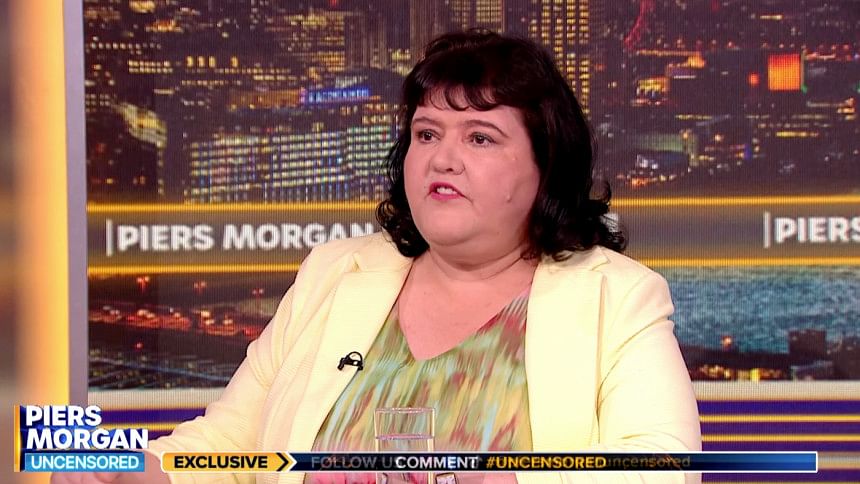‘Baby Reindeer’ ruled not a ‘true story’, real Martha can sue Netflix

A federal judge has ruled that Netflix's hit show "Baby Reindeer" did not live up to its claim of being a "true story," allowing the real-life "Martha" at the centre of the narrative to move forward with her defamation lawsuit against the streaming giant.
Fiona Harvey, the woman who inspired the character "Martha," filed the suit against Netflix and the show's creator, Richard Gadd, alleging that the series falsely portrayed her as a violent stalker who had sexually assaulted Gadd and was imprisoned for her actions. Harvey contends that none of these claims are true.

Netflix, in a bid to dismiss the lawsuit, argued that Gadd's portrayal was protected by free speech and that the series was based on his personal experiences. However, in his ruling on Friday, Judge Gary Klausner found significant discrepancies between Harvey's real-life behaviour and how it is depicted in "Baby Reindeer".
"The series opens with the line 'This is a true story,' which invites viewers to believe what follows as factual," Klausner wrote in his decision. "However, there are stark differences between what the plaintiff allegedly did and the actions attributed to her on the show."

Harvey, who was never criminally convicted, was subjected to a "harassment warning" after Gadd reported her behaviour to the police. Gadd, in his defense, claimed that Harvey had stalked him for years, often inappropriately touched him, and bombarded him with thousands of disturbing emails and voicemails. Despite these allegations, Harvey was not prosecuted or sent to jail.

Klausner's ruling emphasised that while Harvey's alleged actions were inappropriate, they did not amount to the level of criminal behaviour depicted in "Baby Reindeer".
"There is a major difference between being accused of stalking and being convicted of stalking in a court of law," Klausner explained. "Similarly, there are significant distinctions between inappropriate touching and sexual assault, and between shoving someone and gouging their eyes. The series exaggerates the plaintiff's actions, potentially creating a more damaging impression in the viewer's mind."

Gadd, now a successful comedian, had previously worked at the Hawley Arms pub in London, where he claimed Harvey frequently harassed him. He based "Baby Reindeer" on this experience, first producing it as a stage play before it was adapted into a Netflix series. Gadd has maintained that both the play and the series are "fictionalisations" and not meant to be "beat-for-beat recountings" of actual events.
However, the Sunday Times reported in June that Gadd had concerns about the inclusion of the line "This is a true story," saying that it was added at Netflix's insistence. Judge Klausner referenced this article in his ruling, suggesting that it could indicate "actual malice," a legal standard that requires showing the defendant knowingly published false information or acted with reckless disregard for the truth.

Though Klausner dismissed several of Harvey's claims, including negligence, violation of her publicity rights, and punitive damages, he allowed her to proceed with a defamation claim and a suit for intentional infliction of emotional distress.
"The series portrays the plaintiff as a convicted criminal who sexually and violently assaulted Richard Gadd," Klausner wrote. "These statements, if found to be false, may constitute 'extreme and outrageous conduct,' allowing the claim of emotional distress to move forward."

The show never directly names Harvey, but online sleuths were quick to identify her through subtle clues embedded in the series and Gadd's previous public statements. This only added fuel to Harvey's argument that the portrayal was damaging and defamatory.
Netflix has not commented on the ruling, and the case is expected to move forward in the coming months. Gadd, meanwhile, has stood by the show's depiction, reiterating that it is a dramatised version of his experiences.

 For all latest news, follow The Daily Star's Google News channel.
For all latest news, follow The Daily Star's Google News channel. 








Comments